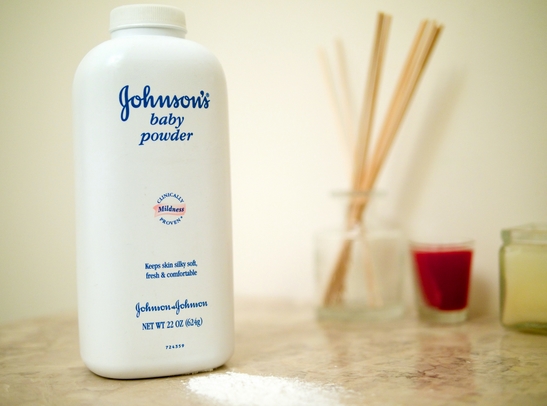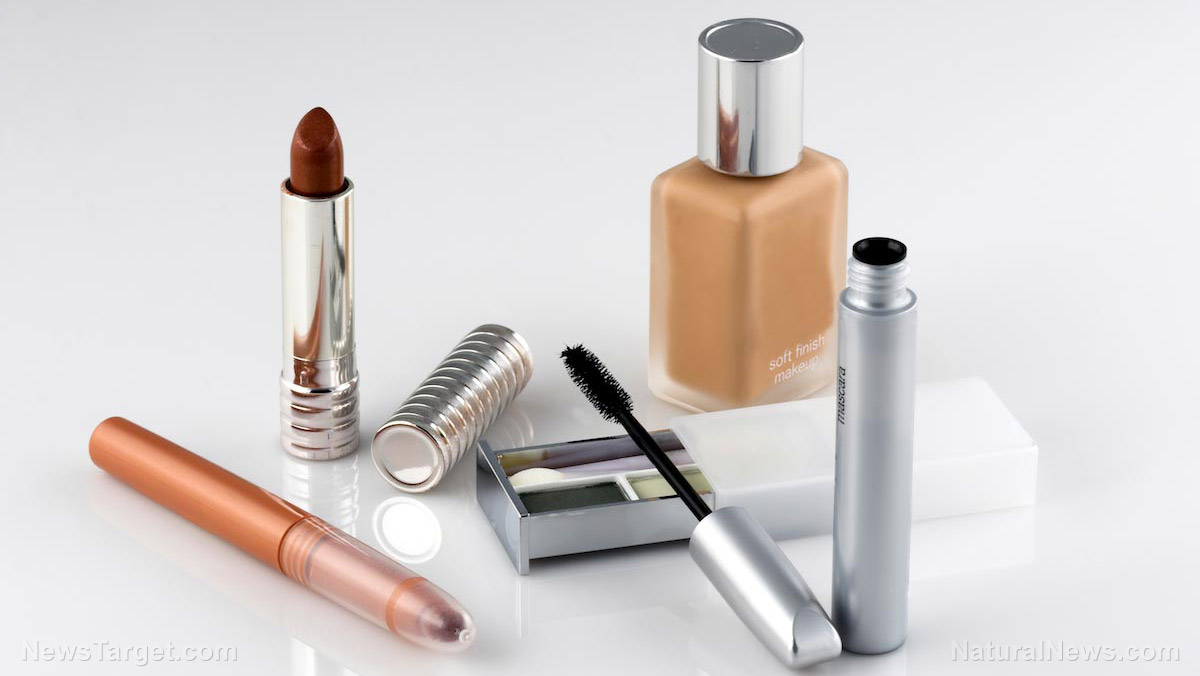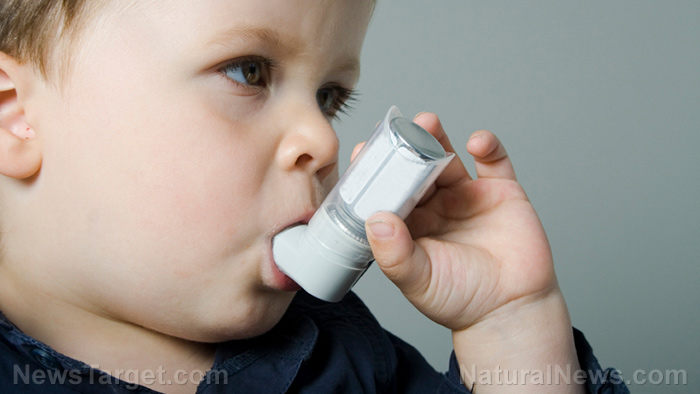Why cosmetics laws need a makeover: Contaminated personal care products are harming consumers
03/12/2018 / By Ethan Huff

It’s been far too long since the federal laws that govern cosmetics safety have been revisited and revised by lawmakers. Thousands of new chemicals, many of which are harming people, have been added to the ingredients lineup since the last time the U.S. Food and Drug Administration (FDA) performed chemical safety evaluations, which means that nobody really knows how these compounds are affecting people.
Fortunately, there’s significant bipartisan support for a fresh undertaking into cosmetics safety laws. California Senator Dianne Feinstein, a Democrat, and Maine Senator Susan Collins, a Republican, are jointly pushing a new bill that would give the FDA the power it needs to review the most dangerous chemicals currently being used in cosmetics. This bill is supported by not only public health groups, but also a number of cosmetics companies across the country.
While the list of safety concerns with cosmetics is already very long, and continuing to grow, there are a handful of urgent safety concerns that the two senators are making a priority with their proposed legislation. These represent some of the most pressing safety concerns with cosmetics – and especially those that are marketed and sold to children:
• Asbestos in children’s products. A number of cosmetics products sold by Justice and Claire’s with children in mind have been found to contain asbestos,
• Mercury poisoning. Certain skin-whitening creams were the subject of a recent import alert after the FDA detected mercury, a known neurotoxin.
• Bacterial contamination. All sorts of body washes, face powders, eye shadows, and lotions have been tested and found to be contaminated with pathogens known to harm humans.
• Coal tar and lead in eye products. FDA testing has revealed the presence of both coal tar and lead in many eye shadow and eyeliner products.
• Unsafe color chemicals. Body-care products like shampoos, conditioners, cleaning solutions, soaps, and even temporary tattoos have been found to contain artificial color chemicals that have been deemed unsafe.
Many of the dangerous ingredients being detected in personal care products are already banned
It’s not just new, untested chemicals that are showing up in all sorts of personal care products. The New York Times (NYT) reported last summer that many unsafe chemicals that are already banned are somehow making their way into an alarming number of personal care products.
The NYT report was based on an FDA letter revealing that many of these contaminated products are coming in as imports from China. The overall number of contaminated products has also increased dramatically over the past half-decade, jumping in frequency by nearly 80 percent.
Statistics gathered in 2016 found that as many as 15 percent of all imported personal care products that were inspected had “adverse findings” in terms of their chemical content. Some 20 percent of the products tested by the FDA in its own labs had similar “adverse findings” – suggesting that the personal care product market is currently a minefield of toxicity.
If passed, the Feinstein-Collins bill will not only grant the FDA more tools to tackle this growing problem, but it will also require that cosmetics companies adhere to new standards that will help to minimize the risk of poisoning consumers. In the event that products are found to contain harmful contaminants, companies would be required to notify the FDA within 15 days.
“The FDA has the equivalent of just six full-time inspectors to monitor three million shipments of cosmetics coming in each year – lipsticks, eyeliners, nail polish, face powders, tattoo inks and other products – an amount that has doubled in the last decade,” reported the NYT last August, referring to information contained in a letter written by Representative Frank Pallone Jr., a Democrat from New Jersey.
See Cosmetics.news for more coverage of cosmetics product ingredients.
Sources for this article include:
Tagged Under: asbestos, bacteria, chemicals, Collins, Cosmetics, FDA, Feinstein, legislation, mercury, regulation, safety, testing, toxic chemicals, toxins



















